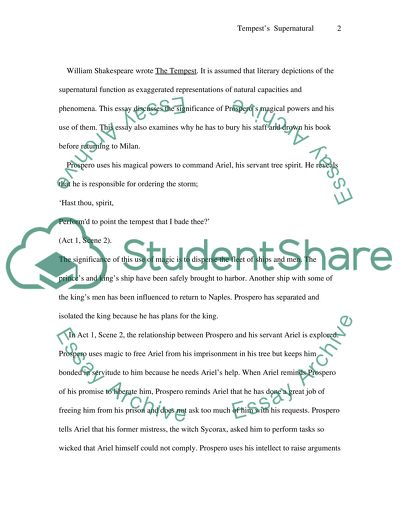Cite this document
(“William Shakespeares The Tempest Book Report/Review”, n.d.)
William Shakespeares The Tempest Book Report/Review. Retrieved from https://studentshare.org/miscellaneous/1521328-william-shakespeares-the-tempest
William Shakespeares The Tempest Book Report/Review. Retrieved from https://studentshare.org/miscellaneous/1521328-william-shakespeares-the-tempest
(William Shakespeares The Tempest Book Report/Review)
William Shakespeares The Tempest Book Report/Review. https://studentshare.org/miscellaneous/1521328-william-shakespeares-the-tempest.
William Shakespeares The Tempest Book Report/Review. https://studentshare.org/miscellaneous/1521328-william-shakespeares-the-tempest.
“William Shakespeares The Tempest Book Report/Review”, n.d. https://studentshare.org/miscellaneous/1521328-william-shakespeares-the-tempest.


